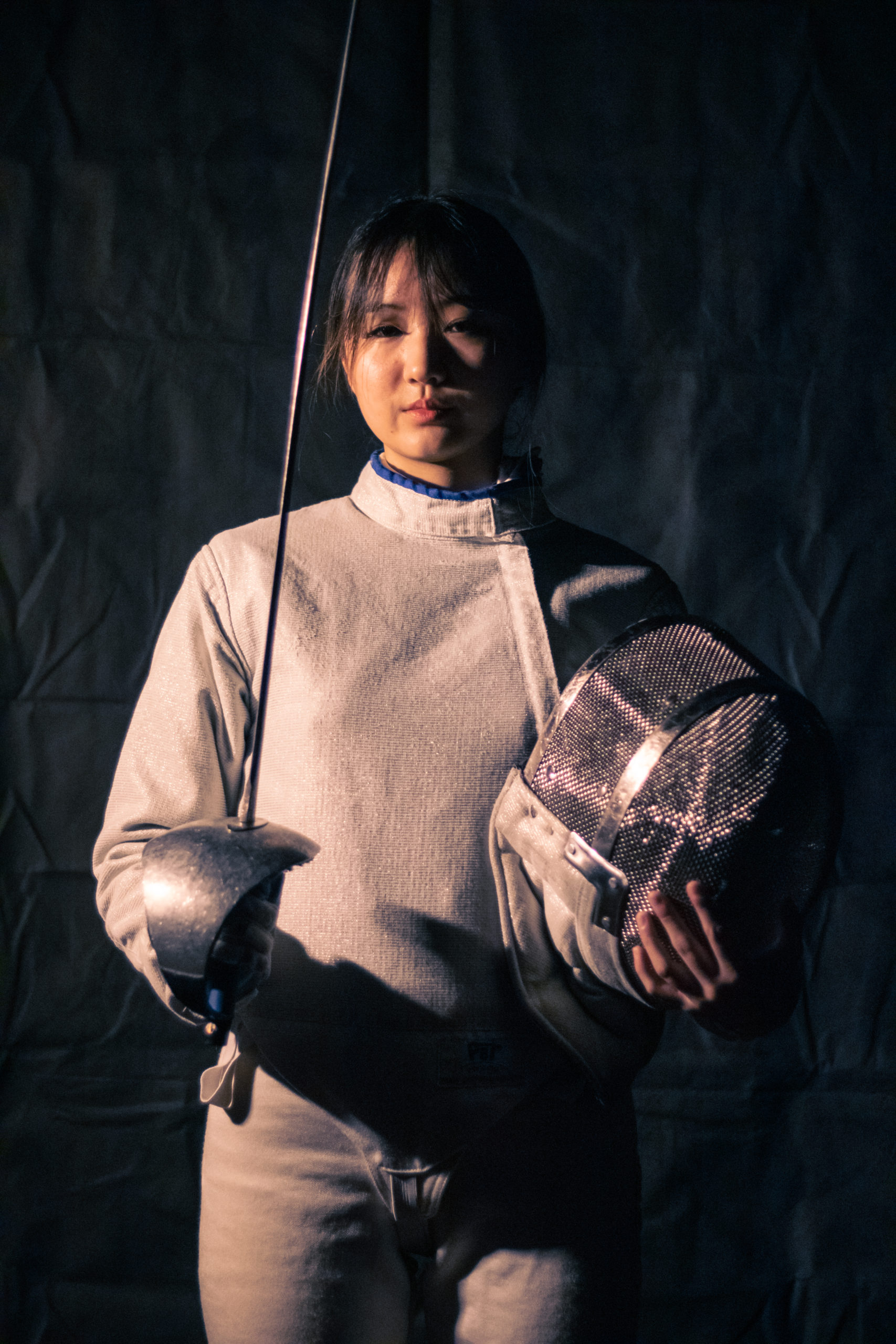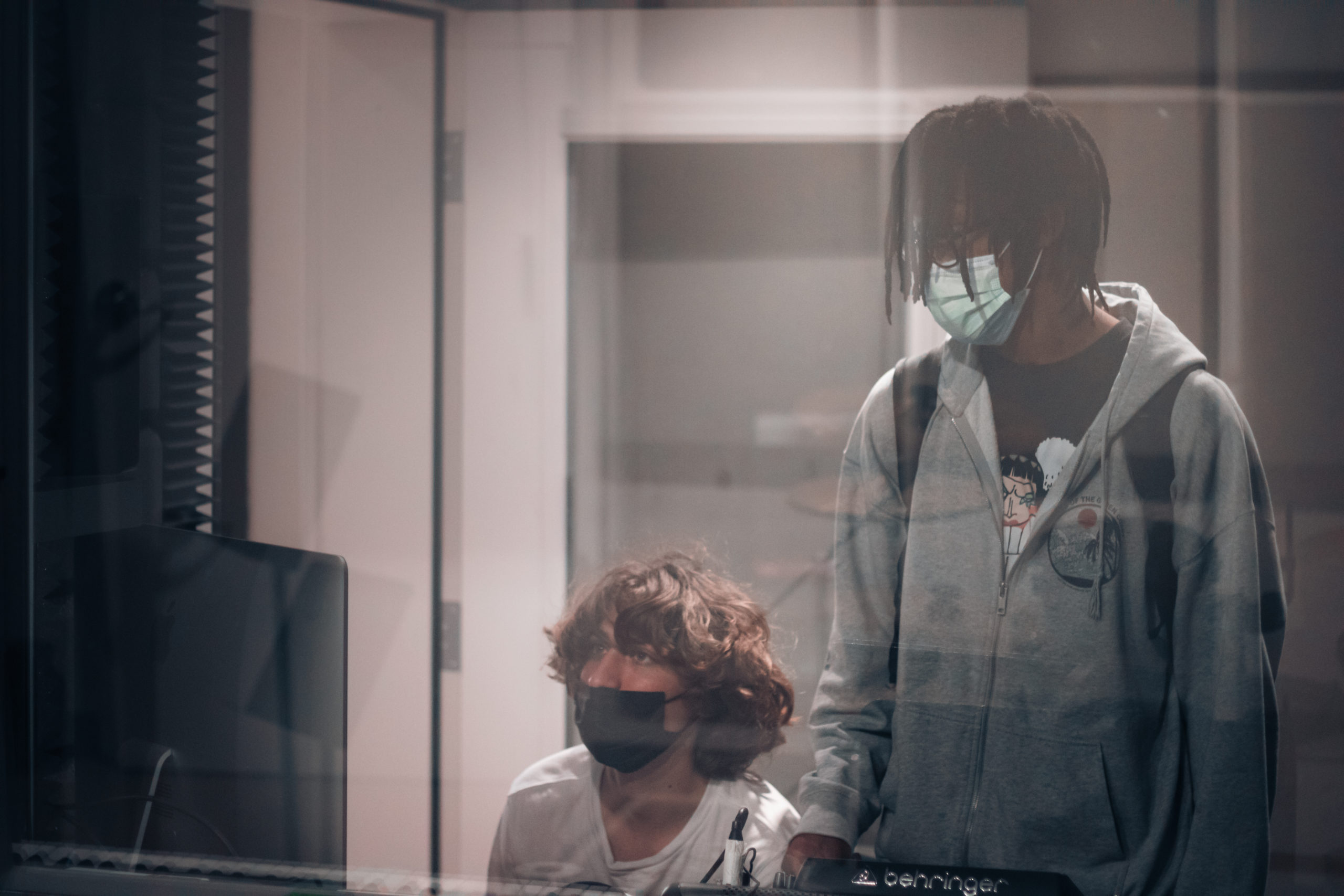On Tuesdays and Thursdays after school, freshman Eliana Robinson rushes to do her homework before 5 p.m. so she has time to eat dinner before going to karate practice.
Robinson is training for her first degree black belt. She attends a 30-minute Zoom practice, as well as a 90-minute in-person session. She gets home at 8:30 p.m.
With Country Day’s new hybrid schedule, all homework is due the next day, leaving less time to complete it. Robinson sometimes has to sacrifice sleep to finish her work.
This new schedule, the orange stage, enacted on Oct. 20 when Sacramento moved to the red tier, allows half of the high school to be on campus each day while the other half stays on Zoom. Unlike the completely remote schedule, where students only had three classes and an elective each day, the new schedule consists of all six classes and an elective every day.
An Oct. 27 Octagon poll of high school students found that the two main reasons for stress are the increased workload and the fear of catching COVID-19.
Social-Emotional Counselor and Educator Patricia Reynolds said although people are generally happy with hybrid learning, there is mild anxiety associated with coming back in-person.
“It’s not the magic wand we can wave and ‘oh we’re back and everything is groovy,’” Reynolds said.
The transition from online to in-person can cause stress, she said.
“I’m gonna make a comparison. For vacations, even though vacations are good, we humanoids like habit, so even vacations are a little bit angst producing,” Reynolds said. “Even though going back to school is a great thing for many people, it’s still a change and still the unknown.”
Learning specialist Kelley Brown of the Academic Resource Center (ARC) said hybrid learning has improved student morale. Every student that Brown has talked to said they like the switch to hybrid learning because they are able to have social interactions with students and teachers.
During remote learning, students reached out to the ARC for mostly social-emotional issues, such as isolation and missing social interactions, to which there was no practical solution during quarantine, Brown said. With in-person learning resumed, the ARC is able to offer practical advice, such as organization and test-taking tips.
“I think some of the social emotional issues that the students and faculty were feeling are starting to improve by getting to see each other on campus. So, it feels like we’re moving into a positive direction,” Brown said.
Senior Allie Bogetich said hybrid learning has reduced her stress.
“Now, all the boring work like taking notes has a set time to be done, so I am procrastinating less,” Bogetich said. “Also, with the day more spread out, I have hours in between classes to go to the gym or do homework.”
To deal with the increased workload, Brown suggested reducing distractions by turning cellphones on airplane mode.
“You pick up your phone to look at the time, and before you know it, you’ve opened Instagram, and you’re two hours deep,” Brown said. “So if you’re planning to work, really set a time that you’re going to sit there and work and put your phone away.”
Reynolds suggests to practice mindfulness to mitigate work-induced stress.
“Don’t forget to exercise, eat well and do some breathing — mindful breathing,” Reynolds said.
Reducing unnecessary worry can help with suppressing the fear of contracting COVID-19, Reynolds said.
“Pick out the things that you feel like you can control and try to manage those things. And if it’s something that you absolutely cannot control, then you may have to let it go,” Reynolds said. “There’s this journey that we can’t control, and fighting for control can be energy draining.”
Reynolds is confident the school is following health guidelines and listening to experts that make the probability of catching COVID-19 small.
She discourages “negative speculations,” which can be a source of anxiety.
“When we’re anxious about things, our brain tends to leap forward to speculate about fears that may not come true,” Reynolds said.
Finally, Reynolds encourages students to try their best, but not to the point of overexertion.
“My personal philosophy is that we’re all pedaling as fast as we can every single day,” Reynolds said. “If you’re not your best right now, remember this is just a snapshot of where you are in your whole journey.”
— By Ming Zhu
Originally published in the Nov. 17 edition of the Octagon.



